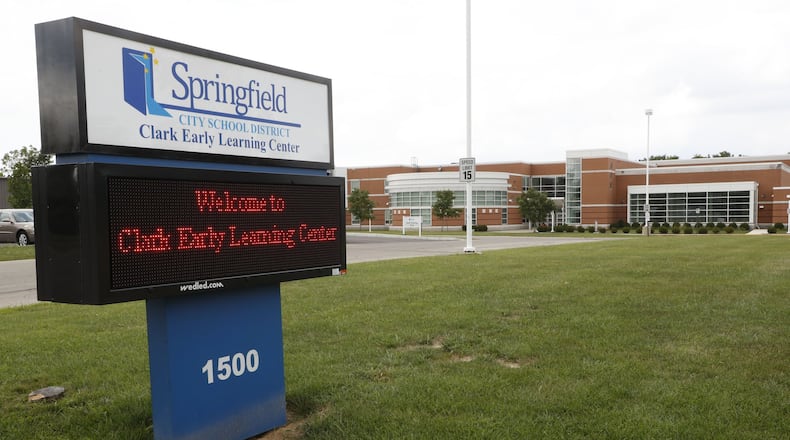When a child at a participating Springfield school meets the criteria for chronic absenteeism, a team from the program joins the school to work with the family and offer services to help address any issues that keep the child out of school.
If a family chooses to join the program, an ABLE attorney helps them resolve civil legal challenges. A parent advocate employed by ABLE also works with an education liaison officer from the juvenile court to connect the family with social services and local community resources.
“On average, each family can be facing up to five different legal issues,” said Renee Murphy, managing attorney at ABLE and liaison to the program. “We provide legal services to stabilize housing, to improve families’ economic stability, and to ensure children get needed services for success in school. We also assist families with things such as medical appointments, finding furniture and help with moving.”
To help with the needs of students or families, Christina Brown, ABLE’s designated parent advocate, works directly with clients, often with hard-to-reach community members who may not trust the legal system or are wary they might get in trouble for not being a good student or parent. She said her approach of “meeting the child or parent where they are” has been effective.
“Overall, we are successfully demolishing barriers that are causing family truancy issues in the Springfield and Clark County area,” Brown said. “Our participants are trusting us with their underlying needs and issues that previously weren’t being addressed.”
Judge Katrine Lancaster with the Clark County Domestic Relations Court-Juvenile Section said parent advocates are “vital and necessary” members of the multi-disciplinary team.
“It is extraordinarily difficult for any parent to admit and recognize they need help for the
mselves and their children — and then be asked to trust an unknown process and share very intimate details of their life and that of their family with unknown persons whose experiences rarely look like their own,” Lancaster said.
She said the parent advocate changes the dynamic of the interaction and helps to gain trust based on shared experiences, the judge said.
“The work of the parent advocate may decrease the time in which needs can be identified and increase the effectiveness of the multi-disciplinary team, thereby delivering the appropriate targeted services to the families and children more quickly,” Lancaster said.
Brown recently helped “place ABLE’s SUCCESS program in the national spotlight” during the National Conference on Parent Representation earlier this month in Washington, D.C. The event is a biannual conference hosted by the American Bar Association’s Center on Children and the Law.
Titled “Different Strokes for Different Folks: Maryland and Ohio Do Multidisciplinary Representation Their Way,” the panel featured Brown alongside other Ohio and Maryland lawyers, parent advocates, and social workers that piloted similar programs. The discussion focused on the unique ways ABLE and additional organizations address the issue and the role of the parent advocate.
ABLE provides legal assistance in civil matters to help eligible low-income individuals and groups in western Ohio achieve self reliance, equal justice and economic opportunity. To learn more about ABLE’s SUCCESS Program, visit https://shorturl.at/hirQT.
About the Author

